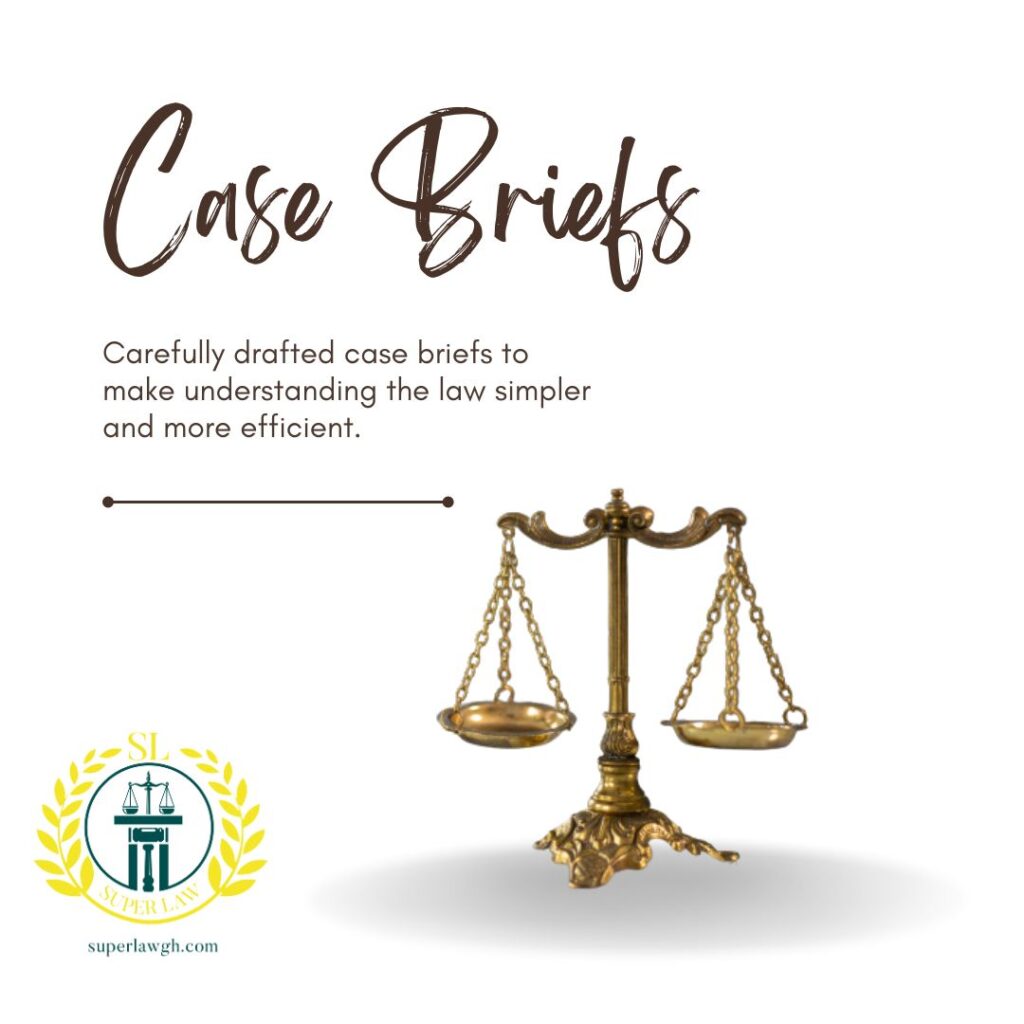Statement of Facts:
The respondent, a Nigerian citizen resident in Ghana, was arrested by the army authorities on suspicion of having committed the offence of stealing. At the time, the army had the power to arrest and prosecute just like the police.
The Attorney-General gave a written consent for the respondent to be detained for 28 days. He did this pursuant to NLCD 93 which amended Section 15(5) of the Criminal Procedure Code, 1960 (Act 30).
After the first 28 days had expired, the Attorney-General then issued a written consent for another 28 days.
The nephew of the respondent then filed a writ of habeas corpus. He contended that the second 28 days consent by the Attorney-General was unlawful.
The High Court accepted his view of the law and ordered the release of the respondent. The General Officer commanding the Ghana Army then filed an appeal at the Court of Appeal (full bench). On his behalf, the Attorney-General argued that on the interpretation of the said law he had the power to determine any days at all for which a person may be detained.
The counsel for the respondent argued that the Attorney-General had no power to give consent for the further detention of the respondent once the respondent had completed the original 28 days in custody. He further argued that the Attorney-General had power to issue his consent in respect of another person but not the one who had served the first 28 days.
Issue:
1. Whether or not the Attorney-General has the power to give a second consent after the first 28 days had expired?
Held:
1. The Attorney-General has the power to determine any number of days at all.
The NLC in the existing circumstance takes the place of the Parliament of Ghana. And their decrees could be seen as Acts of Parliament. The disputed decree, NLCD 93 does empower the Attorney-General to issue any number of written consents for the detention of any arrested person.
The Attorney-General was to establish the fact that an inquiry is being carried on. There must be reasons for the protracted inquiry such as the complexity of the matter. It must be shown that it is not safe the detainee is at large while inquiry proceeds.
Since the inquiry into the matter relating to the arrest and detention was complex enough to require for its completion a larger time than 28 days, the appeal was allowed.
However, the Court expressed its view that the NLCD 93 was improper to the criminal law regime and that steps should be taken to remove it from the statute books since it was susceptible to abuse as it was actually abused in the past.
The Attorney-General has the power to give another consent after the expiration of the first one.
[1] State v. General Officer Commanding the Ghana Army; Ex Parte Braimah [1967] GLR 192- 202
“

